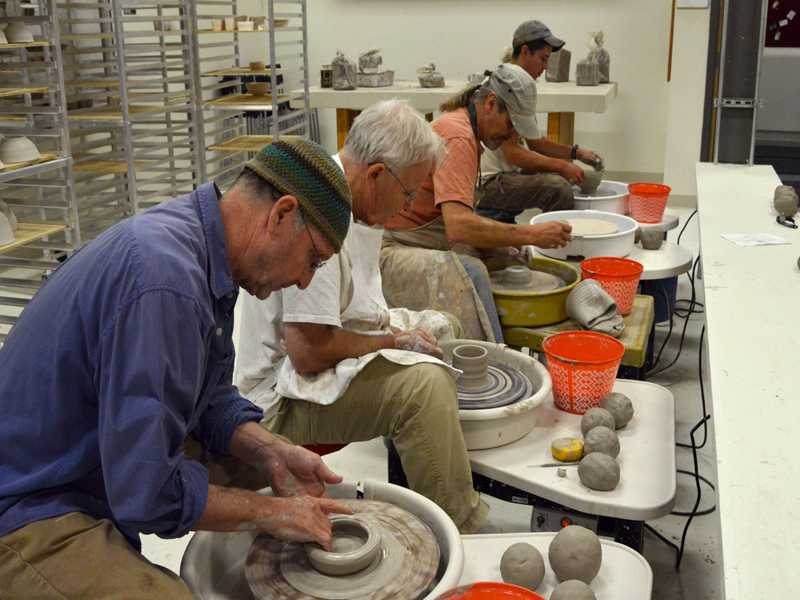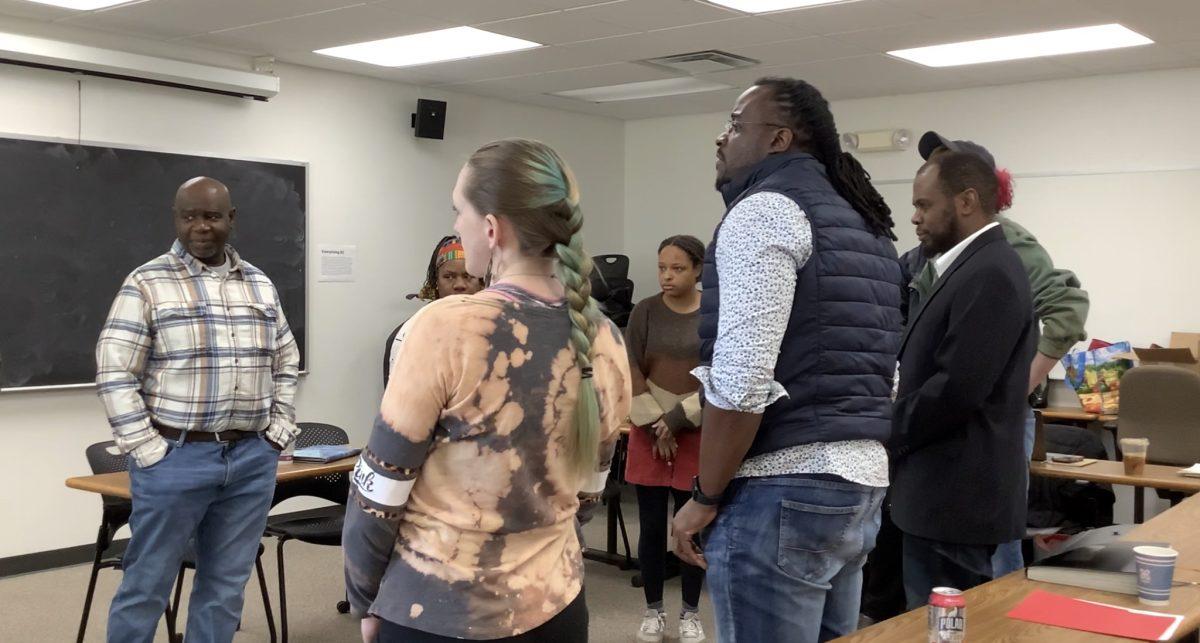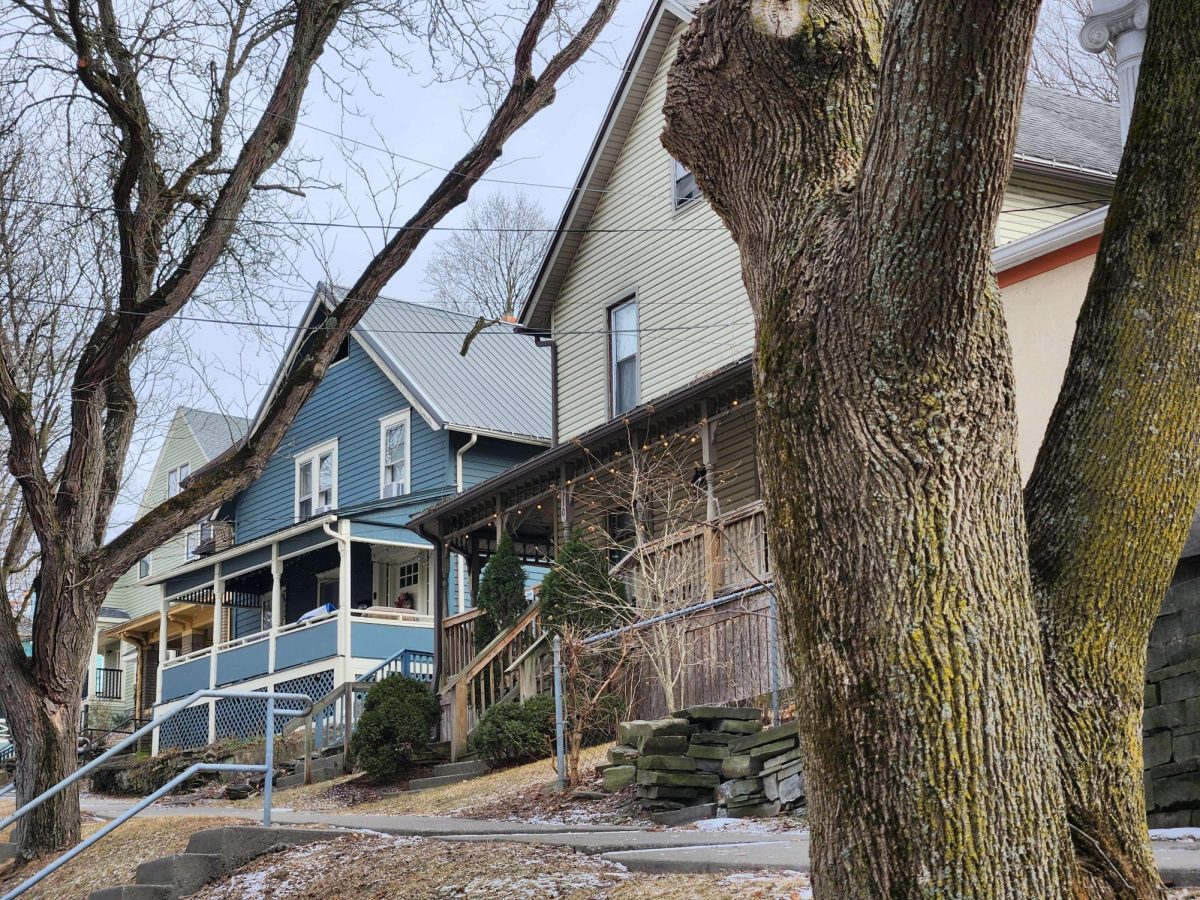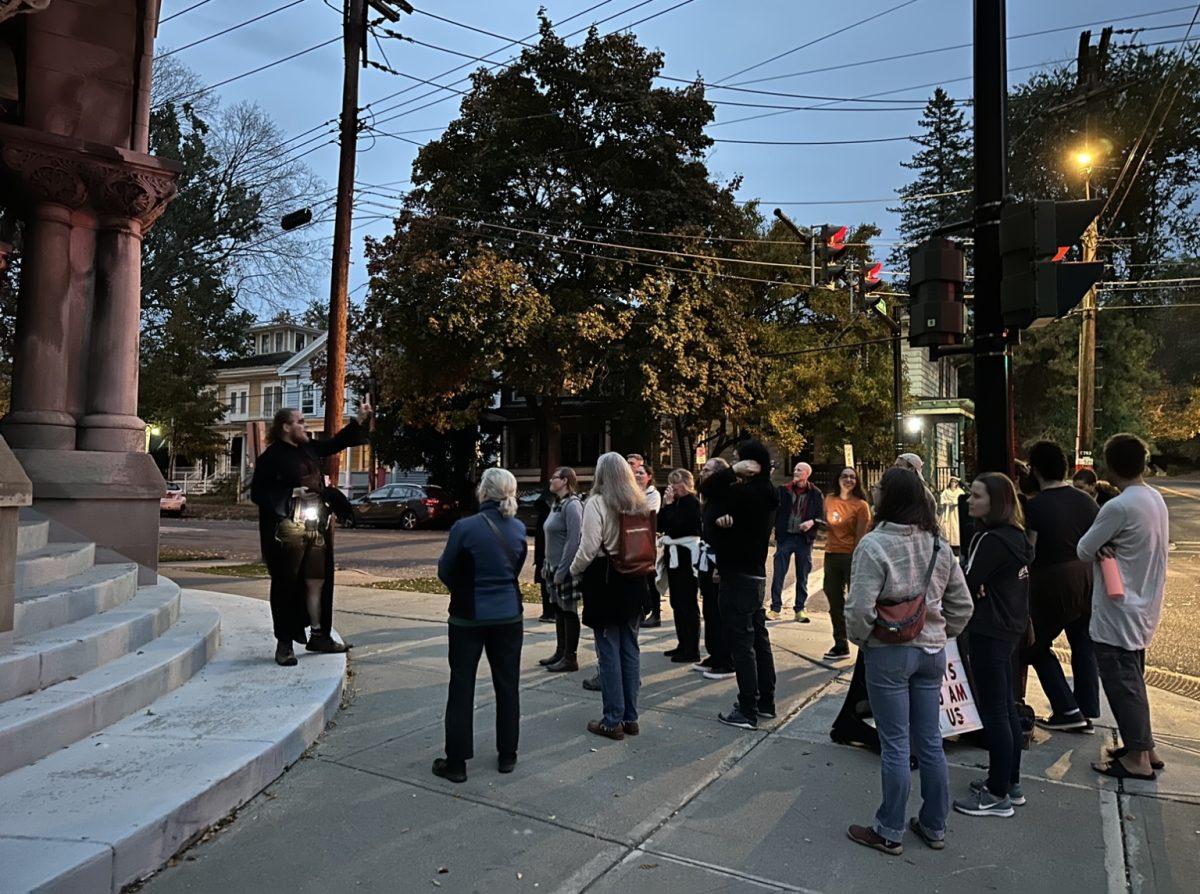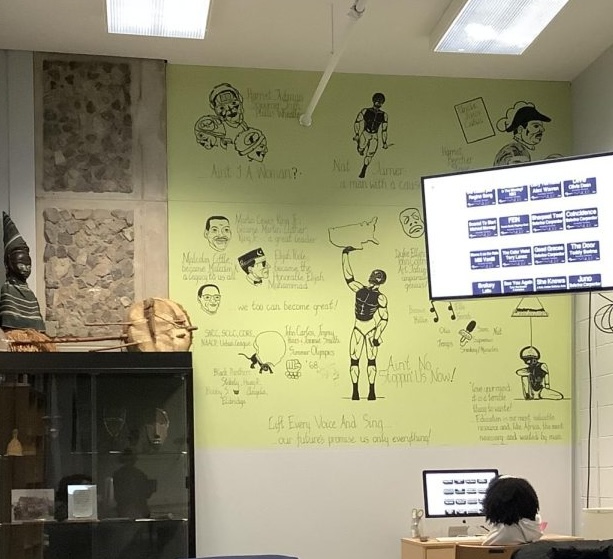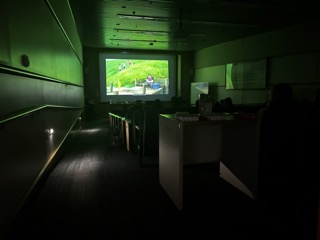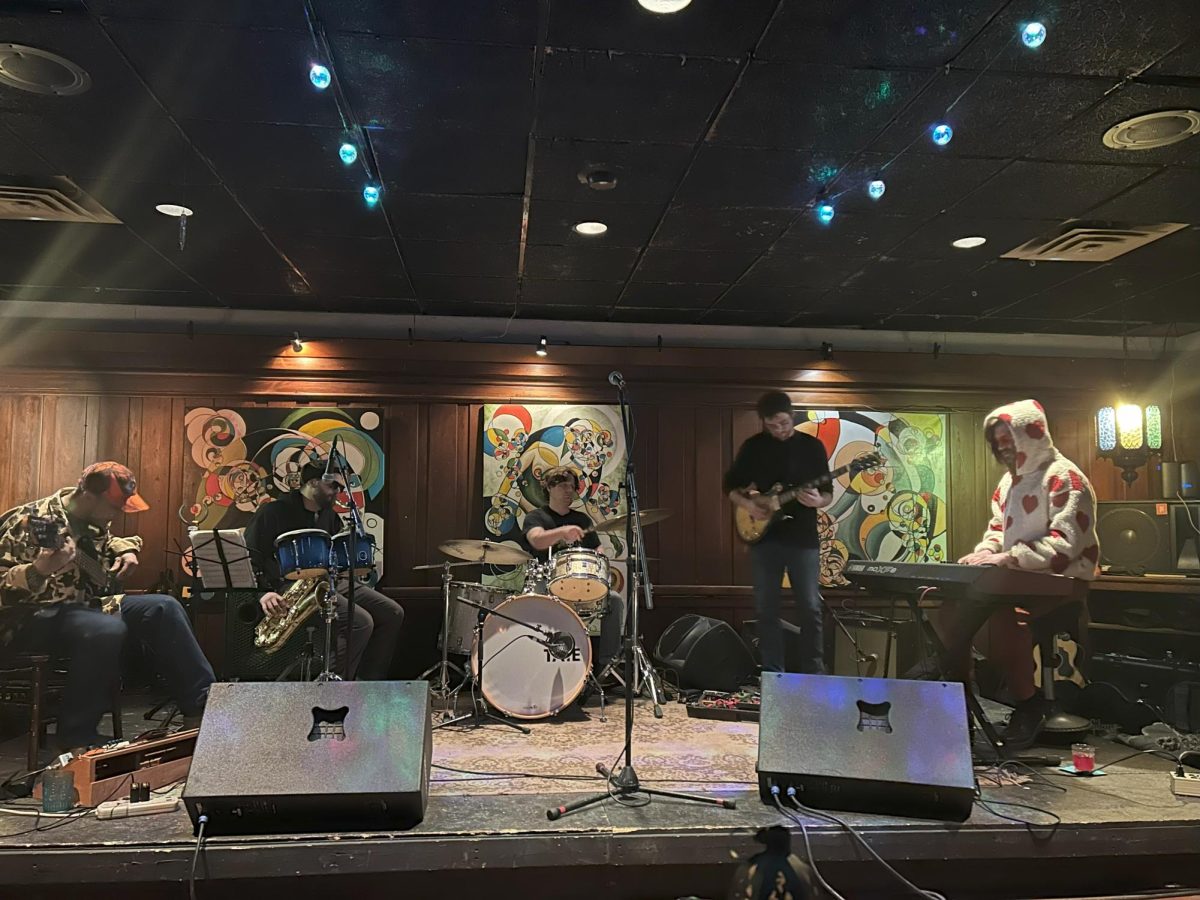Pottery is re-emerging in Ithaca as the Clay School begins its first session of classes. The studio is located on the ground floor of the South Hill Business Campus in suite 28.
After the closing of the Cornell Ceramics Studio in 2011, community potters and ceramists lacked a space to practice their craft unless they had a studio of their own. That’s when Julia Dean, an experienced potter and founder of the Clay School, decided she wanted to open a studio that could provide those interested in pottery with a space to learn and work.
“This is definitely the only place since the Cornell studio closed that has multiple teachers teaching multiple classes and a little bit more of a community feel and a bigger space,” said Dean.
The only other space to offer potters a space to work was the Potter’s Room, a studio and store opened by Tomas Black. The space was located on the Commons, but due to the long-term Commons construction efforts and other reasons, the Potter’s Room closed its doors in May of this year.
In a statement published on Ithaca Times, Black bid his studio patrons farewell, but informed them that their “ceramic future is still bright,” as a new community studio—the Clay School—would be opening its doors later in the year.
So some of the students have spent plenty of time working on their craft in the past, but others with little to no experience, like Peter Dodge, have been drawn to the Clay School as well.
“It’s just something that I suppose was on my list of things that I’d like to try,” said Dodge.
Class sessions are separated by age groups: six to 12, 10 to 13 and 13 and up. Those offered this semester, which are currently in their third week, run for seven weeks, as it takes time to get the students acclimated with the clay enough to fully finish a single piece.
But Dodge says what he really appreciates is that he can come into the studio to work on his skills outside of scheduled class session.
“Part of the deal is that you can come up here and practice if you have time…and there’s a wheel,” said Dodge. “I can practice as much as I want which makes it really worth it.”
Dean personally hand-selected all of the instructors who teach classes at the studio. Some had even taught at the Cornell Ceramics Studio before it closed its doors.
Diane Sullivan, one of the Clay School’s 10 instructors, said that she praises the multi-generational philosophy that Dean has brought to the Clay School.
“I love that she’s trying to figure out how to marry homeschool kids with the senior population with IC students with community members that maybe have more experience but just need a place to work with people who’ve never touched clay in their lives and want to come in,” said Sullivan.
In addition to regular semester classes, the Clay School offers one night “try it workshops” the second Friday of every month. These are made for prospective students who may want to get a taste of what the seven-week class would be before making the commitment.
As for the future of the Clay School, Dean is making plans to host various weekend workshops. Sullivan also said that she sees opportunities for the school to expand and grow.
“One of the things I would love to see in this community is more collaboration among…different artists who work in different mediums.”
But for now, the Clay School team is just enjoying having community members finally working in the space.
“I’ve been in there so many times, and it’s been empty,” said Sullivan. “Now there’s people in there, and pots are being made. …You kind of just feel the energy building.”

